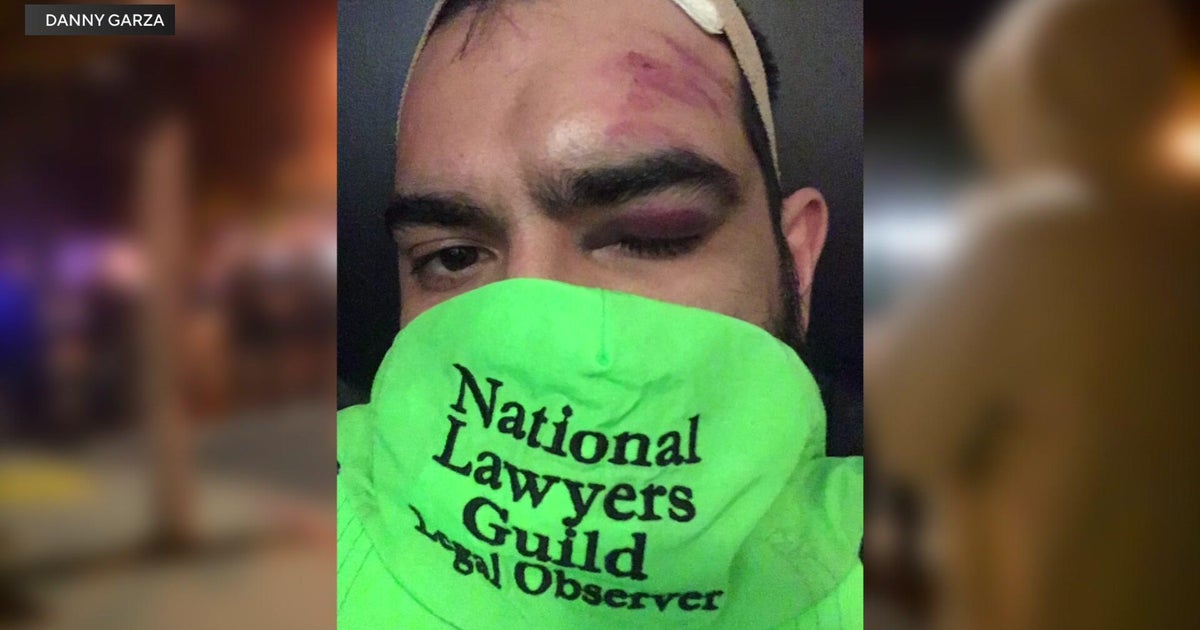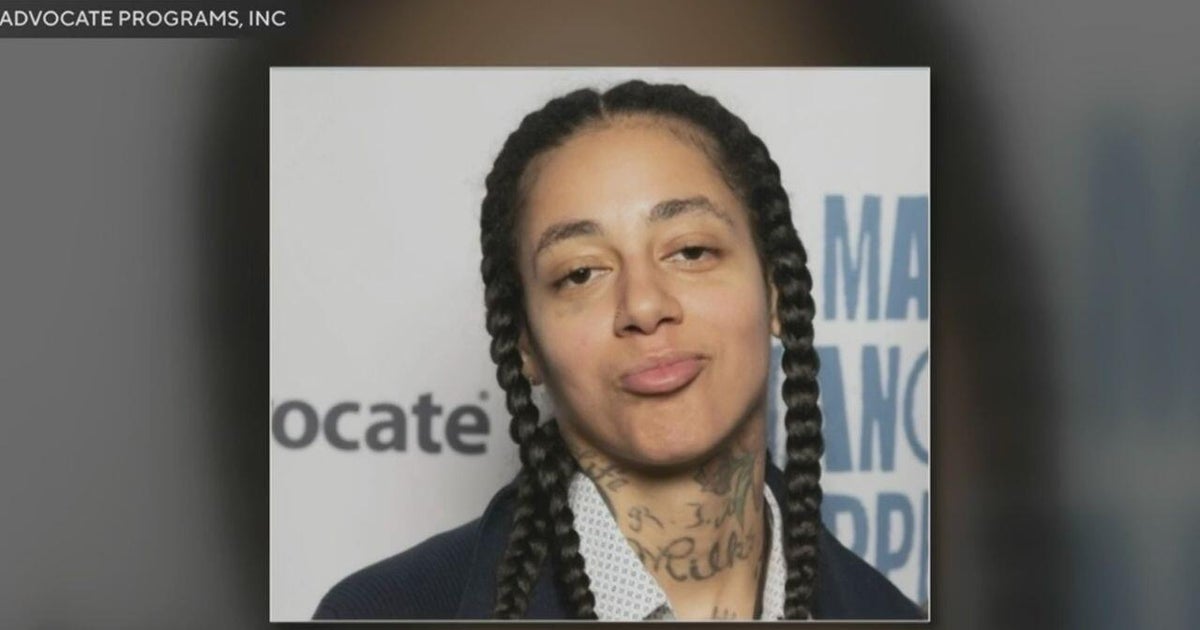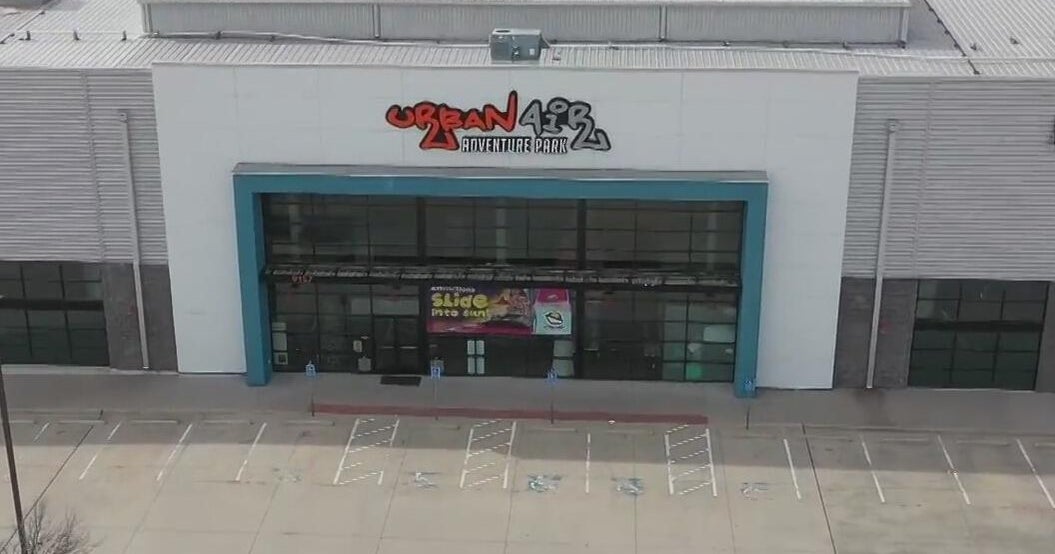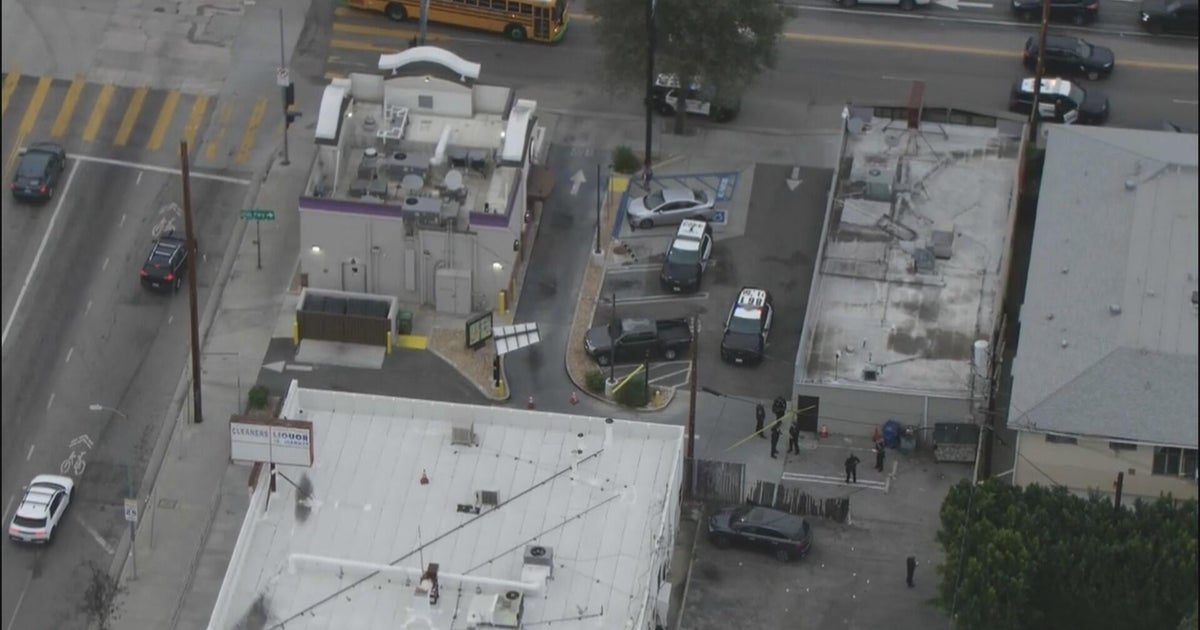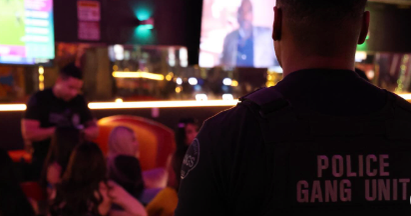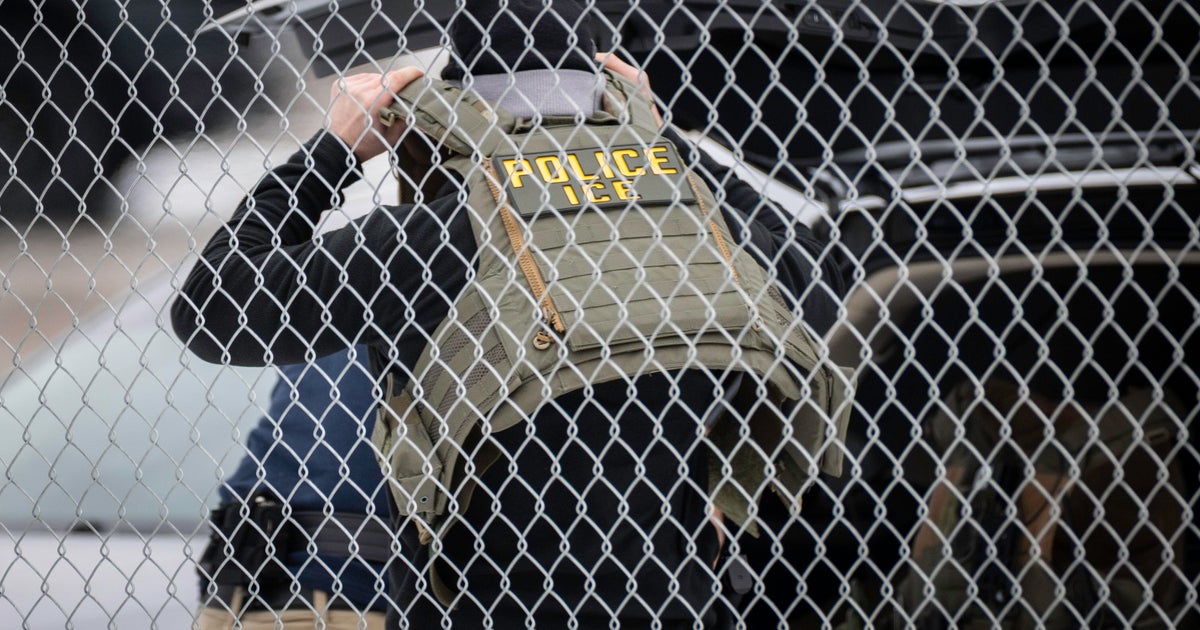FBI Audio Expert Takes Stand In Zimmerman Trial
SANFORD (CBSMiami/AP) – Prosecutors played audio and video tapes of the interviews that Zimmerman had with Sanford Police investigators Doris Singleton and Chris Serino in the hours and days after he fatally shot the Miami teen.
In an early interview, just hours after the Feb. 26, 2012, shooting, Singleton recounted that Zimmerman noticed a cross she was wearing and said: "In Catholic religion, it's always wrong to kill someone."
Singleton said she responded, "If what you're telling me is true, I don't think that what God meant was that you couldn't save your own life."
But in an interview several days later, Singleton and Serino suggest Zimmerman was running after Martin before the confrontation. They also ask the neighborhood watch volunteer why he didn't explain to Martin why he was following him. The officers insinuate that Martin may have been "creeped out" by being followed.
"Do you think he was scared?" Singleton asked Zimmerman in one video interview.
Under cross-examination, though, Serino said Zimmerman seemed straightforward in his answers and didn't show any anger when talking about Martin. Serino said the increasingly pointed questioning was a tactic known as a "challenge interview" where detectives try to break someone's story to make sure they're telling the truth.
Zimmerman has said he fatally shot the teen in self-defense because the Miami-area black teenager was banging his head into the concrete sidewalk behind the townhomes in a gated community.
Zimmerman, 29, could get life in prison if convicted of second-degree murder. The state argued during its opening statement that Zimmerman profiled and followed Martin in his truck and called a police dispatch number before he and the teen got into a fight. He has denied the confrontation had anything to do with race, as Martin's family and their supporters have claimed.
In his first interview at the police station, Zimmerman said he saw Martin walking through his neighborhood on a dark, rainy night while Zimmerman was driving to the grocery store. He told Singleton that he didn't recognize Martin and that there had been recent break-ins at his townhome complex.
"These guys always get away," Zimmerman told Singleton, a statement similar to one that prosecutors have used previously to try to show that Zimmerman was increasingly frustrated with the burglaries and his encounter with Martin was a breaking point.
Zimmerman told the police officer that he lost track of Martin and got out of his truck to look for a street name he could relay to police dispatcher. When the dispatcher suggested Zimmerman didn't need to follow Martin, Zimmerman started to head back to his vehicle. At that point, Zimmerman said Martin jumped out of some bushes, punched him and he fell to the ground.
Zimmerman said that Martin began hitting his head against the sidewalk as Zimmerman yelled for help and that Martin told him, "You're going to die tonight."
With Zimmerman's shirt and jacket pushed up during the struggle and his holstered gun now visible, he thought Martin was reaching for his firearm holstered around his waist. Zimmerman told the officer that he shot Martin and the teen said, "You got me."
In a written statement, Singleton read in court, Zimmerman refers to Martin as "the suspect." Singleton said it didn't appear that Zimmerman showed any anger when talking about the teen. Prosecutors must show that Zimmerman acted with ill will or a depraved mind in order to get a second-degree murder conviction.
Zimmerman also acted surprised when Singleton told him Martin was dead.
"He's dead?!" Singleton recalled Zimmerman saying, before he lowered his head toward the table in the interrogation room.
Earlier in the day, prosecutors called FBI expert Hirotaka Nakasone to focus on the issue of who was screaming for help on 911 calls during the confrontation that ended when Zimmerman shot Martin. Jurors were played the 911 calls several times last week.
The recordings are crucial pieces of evidence because they could determine who the aggressor was in the confrontation. Martin's family contends it was the teen screaming, while Zimmerman's father has said it was his son.
Even though he was a pre-trial witness for the defense, prosecutors called Nakasone to set up later testimony from either the teen's mother or father that they believe it was their son yelling for help.
During his pre-trial testimony, Nakasone testified that there wasn't enough clear sound to determine whether Zimmerman or Martin was screaming on the best 911 sample, an assertion he repeated Monday.
"It's not fit for the purpose of voice comparison," Nakasone said.
Nakasone also said guessing a person's age by voice is "complicated" in general, and it was impossible to determine with the 911 sample he heard.
The FBI expert said that it's easier for a person with a familiarity of a voice to identify it than someone who has never heard it previously. That is especially true if the recording is of a subject screaming and the person trying to identify the voice has heard the subject under similarly stressful circumstances previously, Nakasone said.
But under cross-examination by defense attorney Don West, Nakasone said there was a risk of increased listener bias if people trying to identify a voice are listening to a sample in a group, as Martin's parents did, rather than individually.
"There might be a risk of bias included in the end results," Nakasone said.
Nakasone's pretrial testimony, along with other defense experts, helped keep two prosecution audio experts from testifying. One prosecution expert ruled out that it was Zimmerman screaming on the 911 call and the other thought it was the teen.
Judge Debra Nelson ruled that the methods used by the experts aren't reliable. Her ruling didn't prevent the 911 calls from being played at trial.
After Nakasone, jurors listened to an audio interview Martin gave to a Sanford police officer immediately after the shooting. .
The interview was played with Sanford Police Officer Doris Singleton on the witness stand.
Singleton said she interviewed Zimmerman to get a statement from him about what had happened.
More than 20 witnesses last week testified during the opening week of a testimony in a trial that has opened up national debates about race, equal justice, self-defense and gun control.
Zimmerman has said he fatally shot the teen in February 2012 in self-defense as the Miami-area black teenager was banging his head into the concrete sidewalk behind the townhomes in a gated community. Zimmerman is charged with second-degree murder and has pleaded not guilty.
Zimmerman defense attorney Mark O'Mara said at the end of last week that the trial was progressing at a faster pace than anticipated, but that he was reserving judgment on the prosecution's case so far.
"We're in the middle of it. They've got a lot more to show. These things build up slow, and it's sort of like pieces of a puzzle," O'Mara said. "People say, 'wait a minute, I can't see the picture yet.' They're very good prosecutors, they're gonna do very good job, and they're gonna put on their evidence. We'll see how it goes. We're certainly ready to respond to it."
Zimmerman, 29, could get life in prison if convicted of second-degree murder. The state argued during its opening statement that Zimmerman profiled and followed Martin in his truck and called a police dispatch number before he and the teen got into a fight.
Zimmerman has denied the confrontation had anything to do with race, as Martin's family and their supporters have claimed.
(TM and © Copyright 2013 CBS Radio Inc. and its relevant subsidiaries. CBS RADIO and EYE Logo TM and Copyright 2013 CBS Broadcasting Inc. Used under license. All Rights Reserved. This material may not be published, broadcast, rewritten, or redistributed. The Associated Press contributed to this report.)
